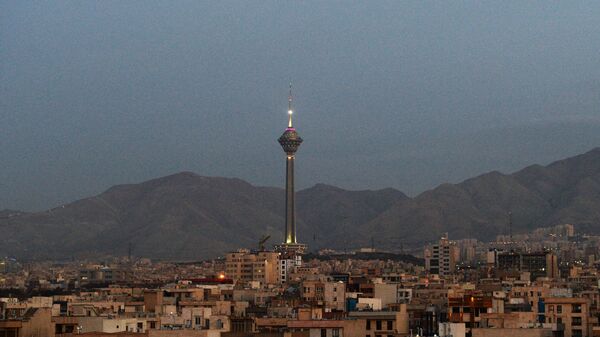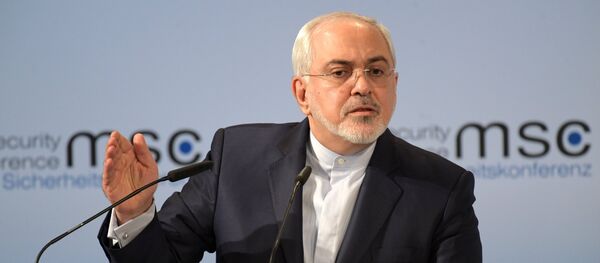Sputnik: What is your perception of a direct conflict between Israel and Iran? How probable is such a scenario?
Navid Nasr: I think highly improbable, just because a direct conflict would involve Israeli air and possibly sea attack on Iran itself and I don't forsee that happening. Iran is also not a helpless player in that scenario, it can carry out similar attacks in Israel, and I don't think it's in either party's interest for there to be open, direct conflict between the two, not as of yet at least.
Sputnik: If a conflict did break out, could it spill into a major multifaceted confrontation?
Navid Nasr: Iran has some support from Russia, and I very much doubt that Russia would intervene on Israel's side militarily, but the major consequences regionally would be for Syria, Lebanon, Jordan and Saudi Arabia, and possibly Egypt, I'm not sure to what extent, if at all Egypt would decide to get involved in the conflict, but possibly Egypt also, that's where the regional consequences, the regional fallout would be. There's a proxy war between the two being waged in Syria, and also in Lebanon, so it's not beyond the scope of reality that any conflict would have a major spill over factor in all of those countries I've mentioned.
READ MORE: Iran Vows to ‘Level Tel Aviv’ if Israel Attacks Iranian Targets
Sputnik: Give us a prognosis then, as a way of easing tensions between the two nations from your knowledge?
Navid Nasr: It's easy, so far Iran hasn't unilaterally acted aggressively against Israel. The only time that's happened was when Israel has attacked Iranian troops or Iranian installations inside of Syria as a way of helping its jihadi allies in Syria, and when I say its jihadi allies, I'm of course talking about Israel here.
Sputnik: Iran's often portrayed as an aggressor by the Western media, by Western governments they've got history in many areas when it comes to that. What's the primary reason for the defamation of Iran's image?
Navid Nasr: To be perfectly frank — the ethnic nepotism with a great percentage of the US ruling elite and the Western ruling elite in general when it comes to Israel.
Sputnik: At the same time Israeli internal struggles, namely corruption investigation into Mr. Netanyahu are often played down. There's obviously a paradox of this misinformation that's going on, can you give us your embedded knowledge and your insight in terms of Netanyahu's corruption situation and the Western media not really going into much depths in terms of highlighting it?
Sputnik: What would your advice and recommendation be in this particular struggle between Iran and the possibility of war, to calm things down and bring a bit of harmony into the environment?
Navid Nasr: The sooner the Syrian conflict winds down — the better when it comes to that. If the Syrian conflict winds down very, very soon, the chance of a direct conflict between Israel and Iran next year would be greatly diminished.
The views and opinions expressed by Navid Nasr are those of the speaker do not necessarily reflect those of Sputnik.


